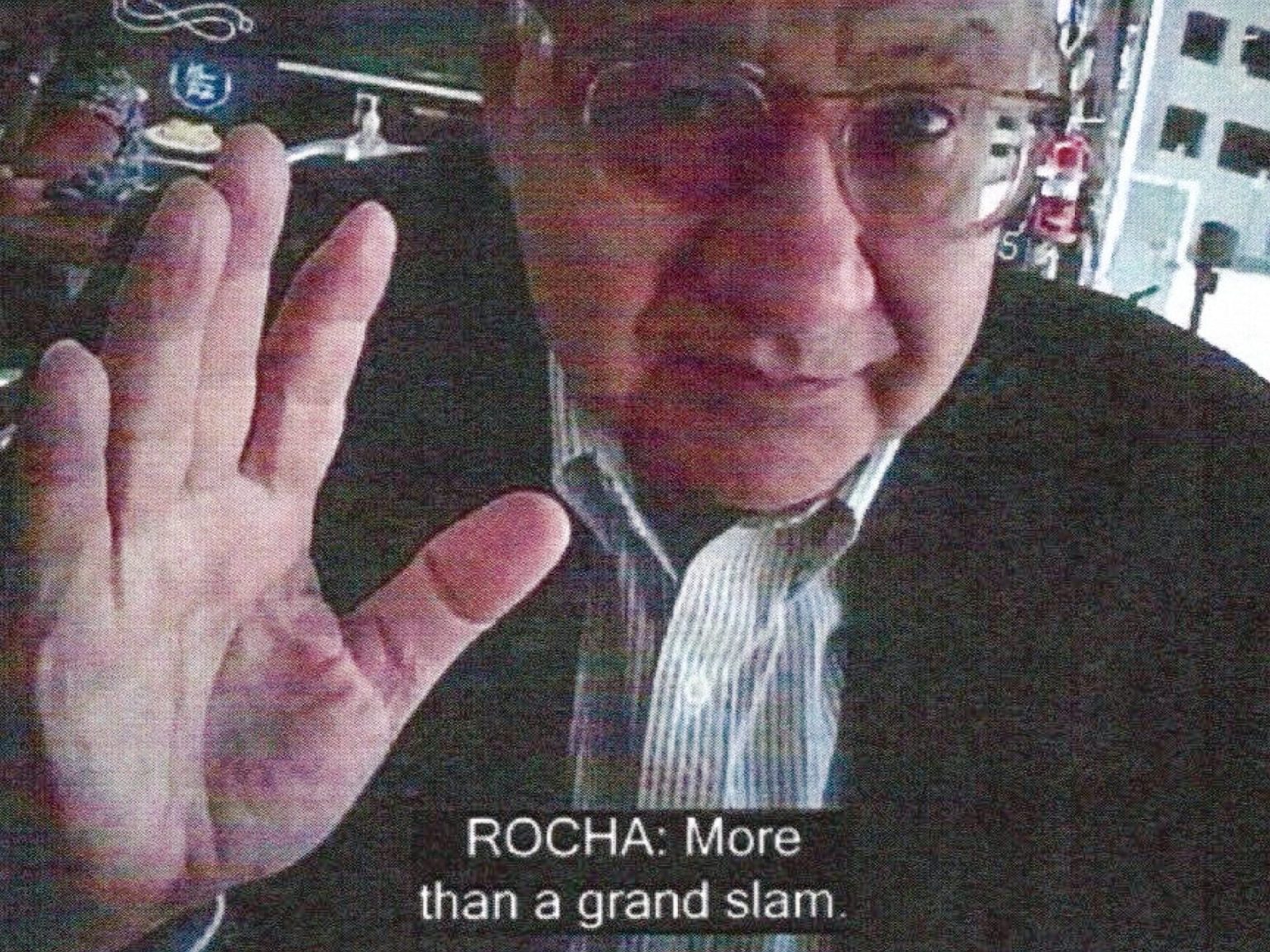Victor Manuel Rocha, a former US diplomat, has been sentenced to 15 years in prison after admitting to acting as an agent of Cuba, in what the US Department of Justice has called one of the highest-reaching and longest-lasting infiltrations of the US government. Rocha had been secretly supporting Cuba’s governing Communist Party and aiding the country’s intelligence gathering against Washington for over four decades, including during his 20-year career in the US Department of State. US prosecutors stated that Rocha’s plea finally brought an end to his decades-long betrayal and deceit.
Rocha, at the age of 73, was arrested in December 2023 at his Miami home on allegations of engaging in clandestine activities for Cuba since at least 1981 when he began his career as a US diplomat. He was accused of meeting with Cuban intelligence operatives and providing false information to US government officials about his contacts. An undercover FBI agent, posing as a representative of Cuba’s General Directorate of Intelligence, met with Rocha in 2022 and 2023, during which Rocha admitted to his extensive work for Cuba. In recorded conversations with the agent, Rocha spoke highly of Fidel Castro and boasted about his Cuban mole service in US foreign policy circles for over 40 years.
US officials have expressed uncertainty about the full extent of Rocha’s cooperation with Havana, highlighting the complexity and longevity of his infiltration. The strained relations between the US and Cuba have existed for over 60 years, stemming from Castro’s overthrow of a US-backed dictatorship and subsequent attempts by the US to remove him, including the Bay of Pigs invasion and assassination plots. The Cuban Missile Crisis in 1962, where Cuba allowed the Soviet Union to install nuclear missiles, further intensified tensions between the US and Cuba, bringing the two countries to the brink of nuclear war.
Former US Presidents have taken varying approaches to US-Cuba relations, with former President Barack Obama attempting to ease tensions through policy changes that were later reversed by former President Donald Trump. President Joe Biden has lifted some of the Trump-era sanctions on Cuba, although many sanctions remain in place, impacting the country’s economy. The United Nations General Assembly has passed multiple resolutions condemning the US embargo on Cuba, but any meaningful action against the embargo requires the approval of the Security Council, where the US holds a veto.
Rocha’s case sheds light on the complexity and duration of espionage activities between the US and Cuba, revealing the deep-rooted ideological and political tensions that have persisted for decades. Despite efforts by past US administrations to improve relations, challenges remain in addressing the deep-seated animosity and mistrust between the two nations. The case also highlights the ongoing struggle for Cuba to break free from the economic constraints imposed by US sanctions, with the international community urging for a resolution to the longstanding embargo. The intricate history of US-Cuba relations serves as a reminder of the long-standing geopolitical conflicts that continue to shape global diplomacy and security dynamics.


